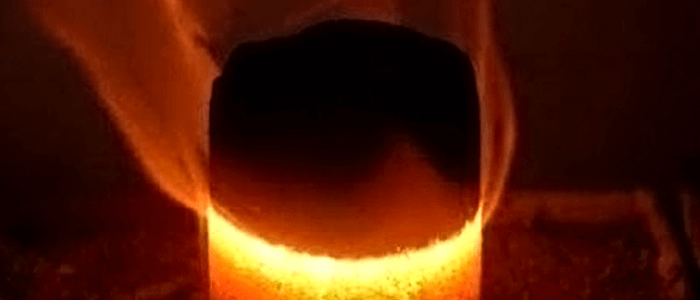Introduction:
In the realm of metal casting, the design of riser sleeves, also known as feeders or sprues, plays a pivotal role in ensuring the quality of castings. Risers are reservoirs of molten metal that help to compensate for shrinkage and promote sound solidification of the casting. This article delves into the critical significance of riser design and its profound influence on casting quality in various metal casting processes.
Optimal Solidification Control:
One of the primary impacts of riser design on casting quality lies in solidification control. A well-designed riser aids in regulating the solidification process, thereby minimizing defects such as shrinkage voids and porosity within the casting. Properly positioned and sized risers facilitate gradual solidification, reducing the likelihood of internal defects.

Thermal Management:
Efficient thermal management is crucial in metal casting. The design of risers influences the transfer of heat within the molten metal, ensuring uniform cooling and mitigating thermal stresses that could lead to defects. By optimizing the thermal characteristics of risers, casting quality can be significantly enhanced.
Gas Evacuation:
Riser design also impacts gas evacuation during the casting process. Properly designed risers facilitate the release of gases, preventing the formation of gas-related defects such as porosity. Effective gas evacuation contributes to the overall quality and integrity of the casting.
Shrinkage Compensation:
Addressing solidification shrinkage is essential in producing defect-free castings. Well-designed risers accommodate the volume decrease associated with solidification, preventing the formation of cracks and ensuring the structural integrity of the casting.
Filling Performance:
The design of risers influences the filling performance of molten metal within the mold cavity. Optimal riser design ensures complete filling, reducing the risk of misruns and incomplete casting formation. Enhancing filling performance through proper riser design contributes to the overall quality of the casting.
Conclusion:
In conclusion, the design of risers holds significant importance in metal casting processes, exerting a profound impact on casting quality. By meticulously considering factors such as solidification control, thermal management, gas evacuation, shrinkage compensation, and filling performance in riser design, foundries can enhance the quality, integrity, and reliability of their castings. Investing in well-thought-out riser design not only improves casting quality but also contributes to overall efficiency and productivity in metal casting operations.

